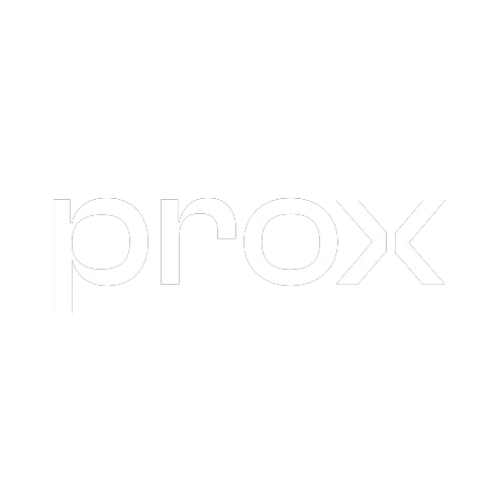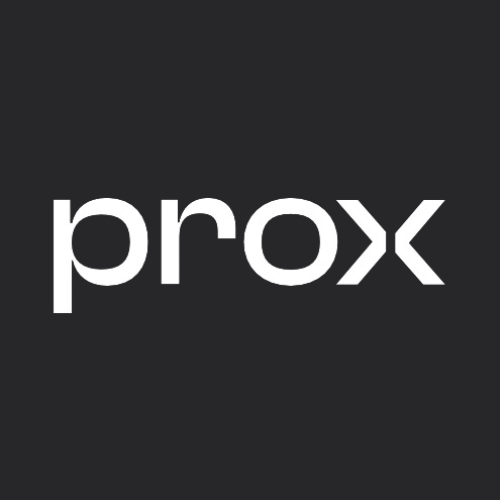- Value-based pricing could boost earnings by 30% for professional service firms
- High-growth firms are 2X more likely to use value-based pricing models
- Transition requires clear communication of value proposition to clients
In the evolving landscape of professional services, the shift from billable hours to value-based pricing is gaining momentum. This transition isn't just a pricing strategy; it's a fundamental reimagining of how firms quantify and communicate their worth in an increasingly competitive market.

The Billable Hour Conundrum
The billable hour model, long the industry standard, is showing its age. While it provides a straightforward metric for time spent, it falls short in several key areas:
- Revenue cap tied to available hours
- Potential misalignment of incentives between firm and client
- Focus on input (time) rather than output (results)
According to a Harvard Business Review study, firms using billable hours earn 30% less than those employing value-based pricing models Source.
Value-Based Pricing: A Paradigm Shift
Value-based pricing aligns fee structures with client outcomes, potentially unlocking significant revenue growth. The 2021 High Growth Study by Hinge Marketing found that high-growth professional services firms are twice as likely to use value-based pricing compared to their no-growth peers Source.
Ron Baker, founder of VeraSage Institute, argues, "Pricing on purpose, based on value, is the fastest way to increased profitability" Source.
Implementing Value-Based Pricing
Transitioning to value-based pricing requires a strategic approach:
- Conduct thorough market research and client value analysis
- Develop tiered pricing structures based on value delivered
- Train staff to effectively communicate value proposition
- Implement gradually, starting with select services or clients
Jason Blumer, CEO of Blumer CPAs, notes, "The key is to price the customer, not the service. Each customer values your work differently" Source.
Market Response and Challenges
While the shift to value-based pricing is gaining traction, it's not without challenges. A 2023 survey by the Association of International Certified Professional Accountants found that 40% of firms still primarily use billable hours, citing client resistance and implementation difficulties as key barriers Source.

The Bottom Line
The transition from billable hours to value-based pricing represents a significant opportunity for professional service firms to scale their revenue models. While challenges exist, the potential for increased profitability and improved client relationships makes it a trend worth watching. As the market continues to evolve, firms that successfully implement value-based pricing may find themselves with a significant competitive advantage.


